

When Grammy Award-winning singer John Legend covered “Redemption Song” last week, his audience—hundreds of prisoners at the women’s prison in Washington State—may have the most grateful ears for such a liberating song.


JMA recently developed the U.S. Employment Plan (USEP), which encourages public transit agencies such as LA Metro to request firms seeking contracts to build passenger buses and trains with federal and local tax dollars to hire American workers.


California’s embattled public school teachers received good news Thursday in the form of a state appellate court reversal of the controversial Vergara v. California decision.
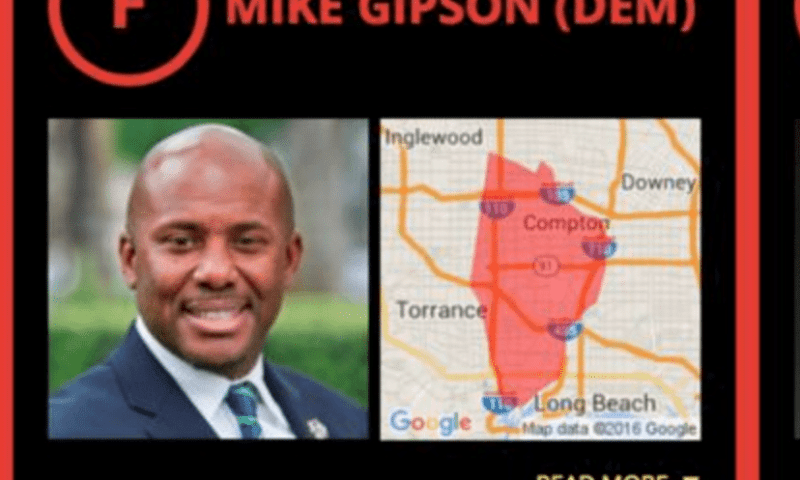
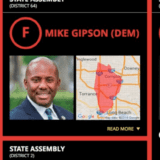
California is often perceived politically as a sea of solid “blue” – a state, with its Democratic governor and Democratic-controlled legislature, that has become synonymous with progress.
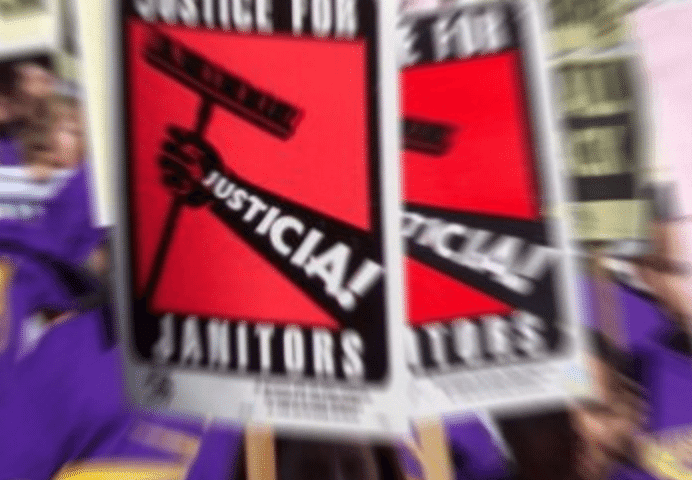

A few weeks ago, I found myself with tears in my eyes and a lump in my throat. Before me almost a thousand janitors wearing deep purple Service Employee International Union T-shirts lined up to march from a Beverly Hills park to the high-rise offices of Century City.
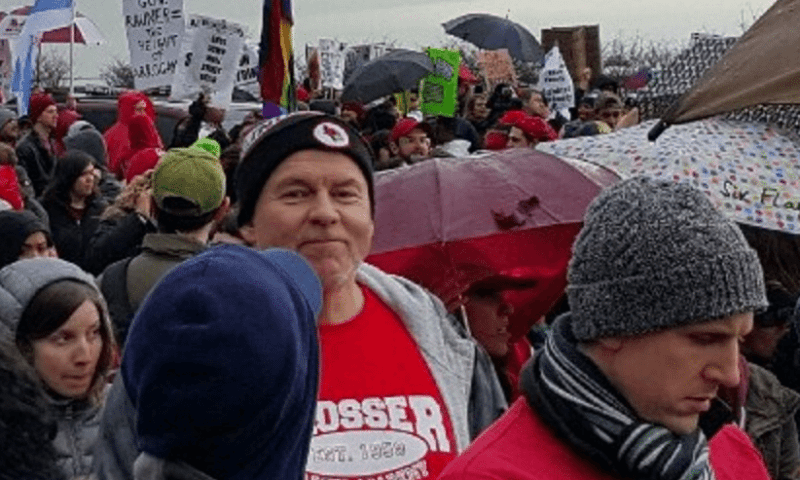

April 1 was a historic day for public education in the U.S. Joined by diverse community groups and other workers, Chicago’s public school teachers took to the streets demanding more from city and state leaders.
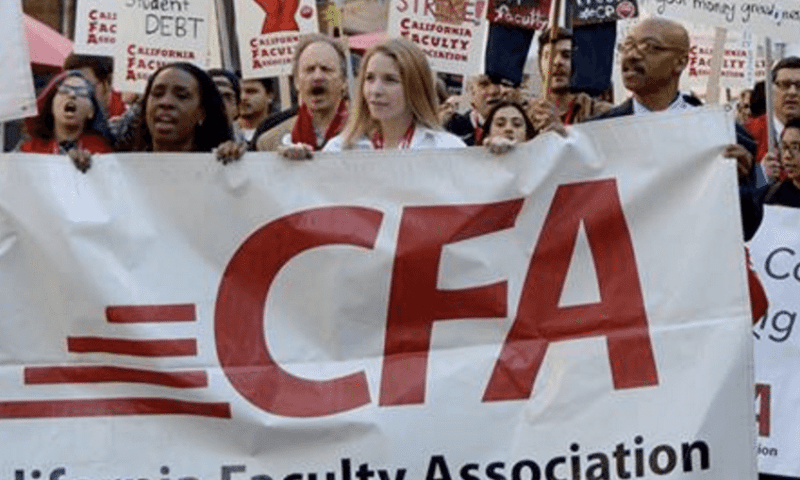
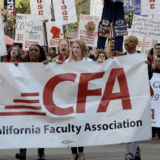
This afternoon both sides currently engaged in contract talks announced a tentative accord that will postpone a threatened strike by the 26,000-member California Faculty Association.
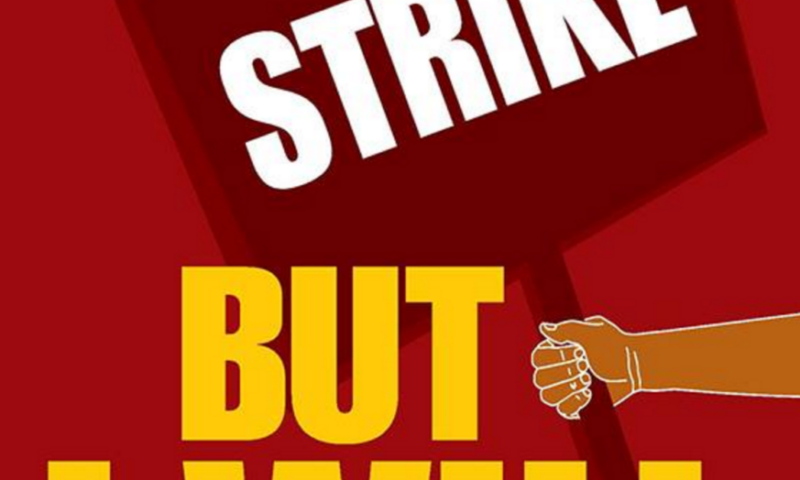
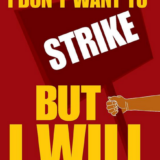
Members of the 26,000-strong California Faculty Association (CFA) are threatening to carry out their first system-wide, simultaneous strike in the event contract talks with the California State University administration (CSU) reach a stalemate.


Most high school science teachers across the country now teach climate change, but about a third explain it away as a natural phenomenon. Another third tell their students that it comes from both natural and human causes. Meanwhile California almost reached its average reservoir and snowpack levels as measured at the end of March, and reports from around the world say that the oceans keep rising faster than expected and that annual temperatures continue go up. Last year finished as the hottest yet, following a decade of record-breaking annual tallies.
As if this weren’t happening, the fossil fuel folks keep pressing ahead. Our state’s three major privately-owned utility companies filed applications for a rehearing at the Public Utilities Commission, seeking a rollback of its recent rules encouraging rooftop solar panels. The big guys never give up.
So is there any good news this spring?
» Read more about: Spring Awakening: Uniting Against Climate Change »


Deanna Dunagan and Seamus Mulcahy (Photo: Kevin Parry/Wallis Annenberg Center)
Jesse Eisenberg has carved a film career playing irritating nebbish-antiheroes in a host of roles. He even earned an Oscar nomination for best actor in the most memorable of these, as Facebook founder Mark Zuckerberg in The Social Network. But his artistic ambitions also encompass writing for the stage, and his second play, The Revisionist, opens with an engaging premise, albeit an unfulfilled one.
David (Seamus Mulcahy), a young American writer wrestling with a book revision, comes to Poland to visit a distant, aged cousin, Maria (Deanna Dunagan), a Holocaust survivor. Unfortunately, the two have very different notions of how David will spend his journey. Maria, a crimped pensioner who fills her lonely days watching CNN (to help with her English), envisions a chance to connect with a far-flung relative,